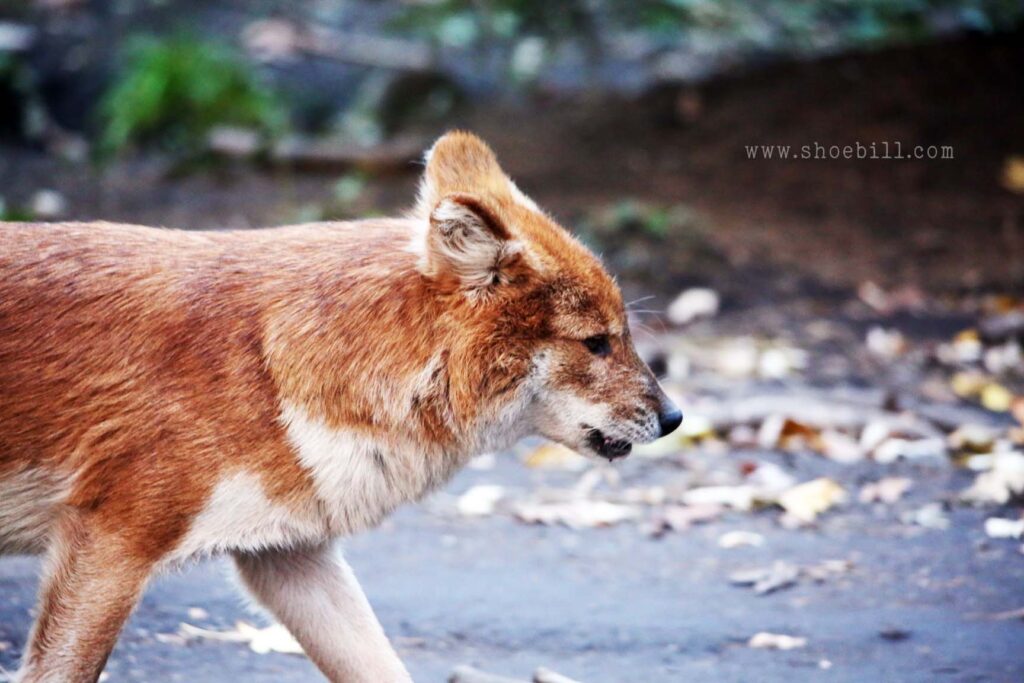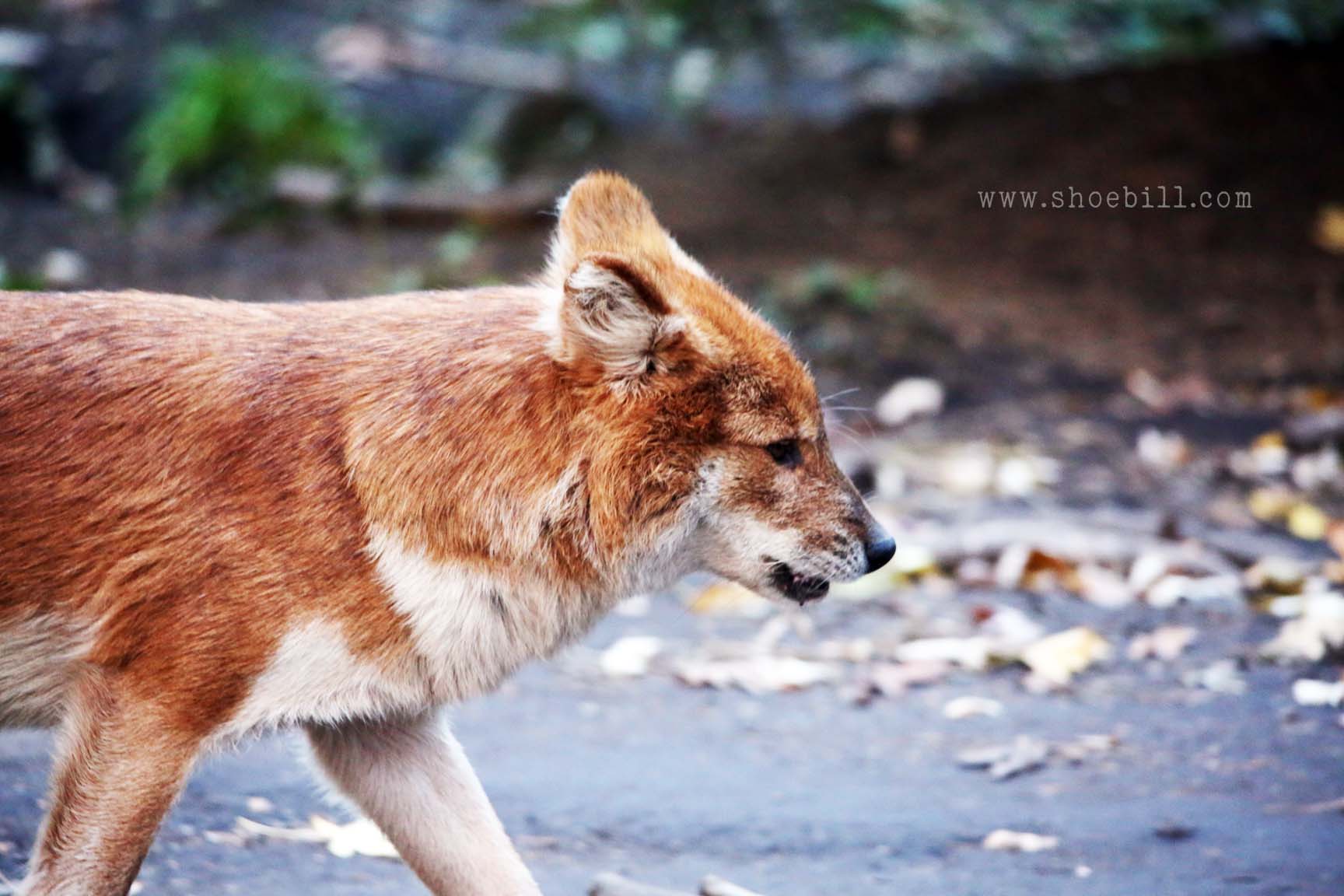Dhole
The dhole, also known as the Asiatic wild dog or Indian wild dog, is a species of canid native to South and Southeast Asia. Here’s a description of its distribution by country:
- India: Dholes are found across various regions of India, particularly in central and southern parts of the country. They inhabit diverse habitats including forests, grasslands, and scrublands. National parks and wildlife reserves such as Bandipur National Park, Nagarhole National Park, and Tadoba Andhari Tiger Reserve are known to have populations of dholes.
- Nepal: Dholes are also found in certain parts of Nepal, particularly in lowland and montane forests of the Terai region and the foothills of the Himalayas. They are known to occur in protected areas such as Chitwan National Park and Bardia National Park.
- Bhutan: Dholes inhabit parts of Bhutan, particularly in the forested areas of the Himalayan foothills. They are found in protected areas such as Royal Manas National Park and Jigme Dorji National Park.
- Bangladesh: Dholes are found in certain forested areas of Bangladesh, including the Sundarbans mangrove forest and other protected areas in the Chittagong Hill Tracts.
- Myanmar (Burma): Dholes are native to Myanmar, where they inhabit various forested regions across the country, including the Hukawng Valley and the Tanintharyi Region.
- Thailand, Laos, Cambodia, Vietnam, Malaysia, and Indonesia: Dholes are also found in these countries, although their distribution is more fragmented, and they may be locally extinct in some areas due to habitat loss and hunting pressure.
Dholes are highly social animals, living in packs and cooperating to hunt prey such as deer, wild boar, and smaller mammals. Despite their adaptability, dhole populations face threats from habitat loss, fragmentation, and conflicts with humans and domestic livestock. Conservation efforts aim to protect remaining dhole populations and their habitats across their range.



